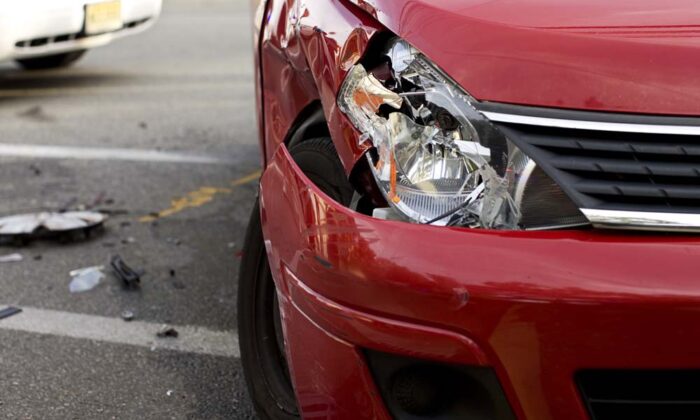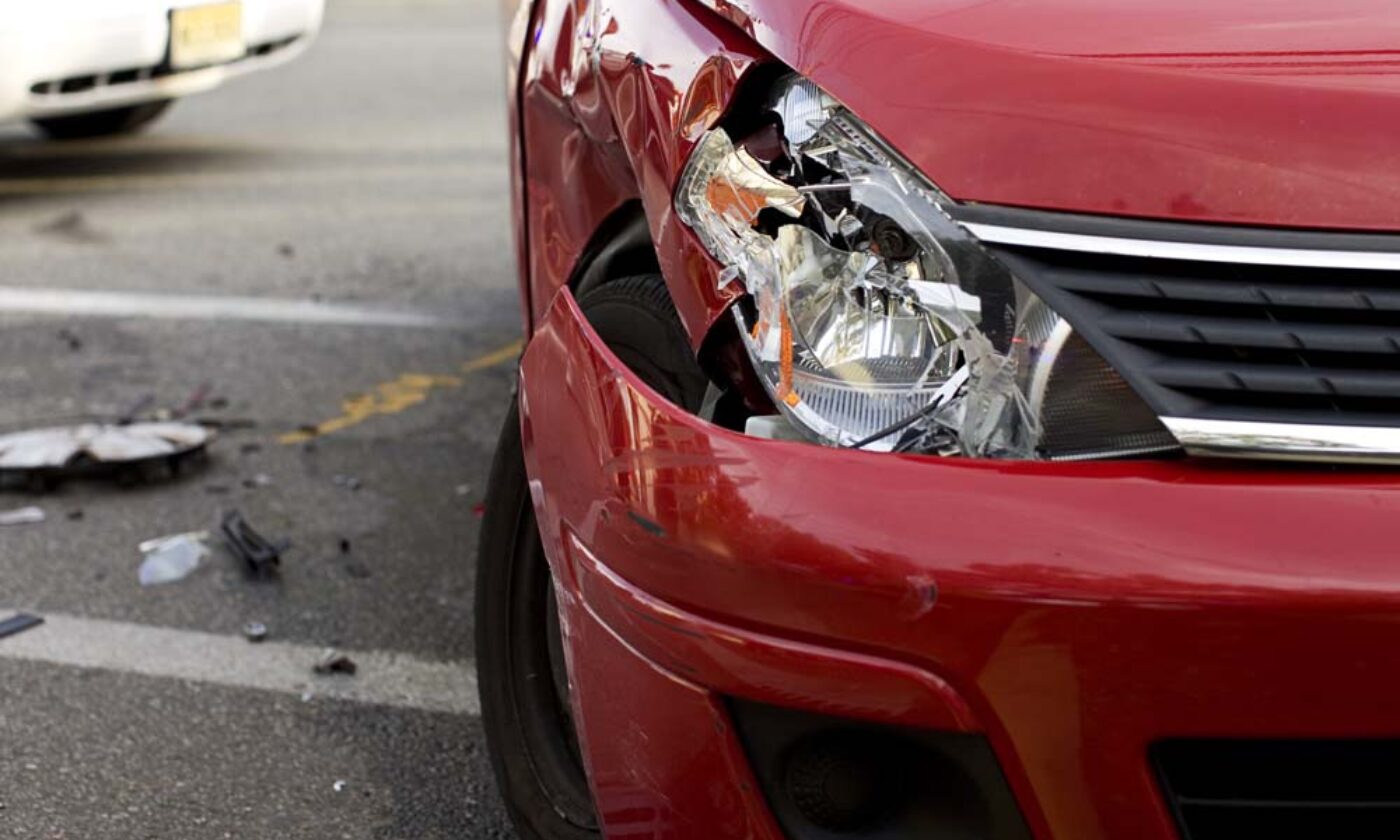Motor Vehicle Accidents
Road trauma: The effects of road accidents


For those involved in road trauma (trauma caused by an incident involving transport), their lives can be drastically changed. Road trauma can include physical injuries, emotional damage and psychological trauma whether you were directly involved in the incident or not, and subsequently can mean hospital stays, on-going mental health care and your life and work severely impacted.
What is road trauma?
“Road trauma” is a term used to define any injuries – physical, emotional or psychological – that are the result of any type of transportation accident. These injuries can be sustained in rail incidents, on a boat, in a car or when traveling in an aircraft.
The effect of transport accidents can be far-reaching because road trauma isn’t just experienced by those who were in the affected vehicles. Those suffering road trauma can include other motorists and those who witnessed the accident occurring.
What are the identified causes of road trauma?
With motor vehicle trauma causing death at a similar rate as cardiovascular disease and cancer, it is vital to understand the causes of road trauma in order to know how to go about mitigating its effects. There are five clearly identified behaviours that contribute to road trauma:
1. Speeding
Exceeding the speed limit is the cause of one third of road deaths and a vast amount of road trauma. Science proves that the faster you go, the less ability you have to react to hazards, increasing your chances of losing control and decreasing your ability to stop quickly.
2. Alcohol and drugs
The consumption of some medications, illicit drugs and alcohol before getting in a vehicle will diminish your reaction times, cause drowsiness and impair your driving performance. Some over-the-counter drugs can also lead to changes in your mood, psychomotor skills and cognition, leaving you unable to drive as you would when you are not under the influence.
3. Fatigue
Shown to be just as dangerous as driving while drunk. A driver who has been awake for 17 hours has the same driving ability as a driver with a blood alcohol concentration (BAC) of 0.05. Driving when fatigued can result in a diminished ability to react quickly, operate a motor vehicle and make sound decisions when driving, all of which can contribute to road accidents. It is important to take breaks when driving long distances and to find an alternate mode of transport if you are too tired to drive.
4. Distractions
Driver distraction is thought to account for a quarter of all road accidents and consequential road trauma. Distractions can include the passengers in your car being disruptive, to insects or spiders being present in the car cabin. However, the biggest distraction on Australian roads mobile phones (and their illegal use), which can cause a driver to take their eyes off the road at crucial moments, or shift their focus away from the operation of their vehicle due to texting or answering a call.
5. Not wearing a seatbelt
Being unrestrained when an accident occurs can have catastrophic consequences, and is one of the leading causes of deaths on our roads. Wearing a seatbelt ensures you decelerate at the same rate as the vehicle. This stops you from colliding with the hard interior surfaces of your car, reduces your risk of being thrown out of the vehicle, and limits the amount of road trauma you might sustain.
What are the impacts of road trauma on injured victims?
The impact of one accident can be far-reaching and affect victims in a myriad of ways.
Physical injuries
Road trauma injuries sustained by drivers, passengers, bystanders and pedestrians can vary greatly, from small cuts and bruises, to broken bones, through to permanent brain or spinal damage. The cost of these injuries can be greater than just the impact on the bodies of those affected, and can mean huge medical expenses, long periods of recovery, vast amounts of time in hospital or rehabilitation, ongoing disabilities and loss of time with loved ones.
Social impacts
Once victims have recovered from their physical injuries, they may have found they are no longer able to complete their required duties at work and can’t hold down their job. In some cases, victims of road trauma need to rely on social services more heavily and find it difficult to be a part of society in the same way they were before their vehicle trauma.
Emotional injuries
The effect of road accidents on families can be long lasting, with ongoing mental health problems such as PTSD or associated anxiety and depression making it hard to parent, care for loved ones or interact with your partner. Those who have suffered from car crash trauma too, may find they have a lower quality of life than before the accident and could experience less freedom than they used to have due to their injuries.
What are the effects of road trauma on other individuals?
Because road trauma occurs much more commonly than fatalities, its impacts are more widespread and wide-reaching. And it isn’t just the victim of the road trauma who is impacted; those who come into contact with them can be impacted too.
Emergency service workers
Ambulance officers, police and fire fighters can all be exposed to vehicle accidents, and depending on the severity of the incident, can be seriously traumatised by what they find and the work they do at the scene.
Bystanders
Those who witness the incident may experience their own trauma, guilt and stress at having been so close to the incident.
Employers
The workplaces of those experiencing road trauma may be short-staffed, meaning others have to step in to shoulder the workload. Small businesses are particularly affected due to only having a few employees to rely on.
Families
The families of those who experience road trauma may find that their relationship with the victim changes, especially if they may need to take on a greater caring role than they were used to, or need to take on extra work to pay ongoing medical bills and other costs.
Make a car accident claim today
If you have experienced road trauma that has changed the way you live your life, you may be entitled to compensation. LHD Lawyers help everyday Australians receive the benefits they’re entitled to for motor vehicle accident claims. We are so sure of our abilities to win your case that we stand firmly by our No Win No Fee Policy: if we don’t win, you don’t pay. Call 1800 455 725 for a no-obligation consultation about your case.
Author: Paul Singh
Original Publish Date: May 19, 2022
Last Updated: March 20, 2024

Check if you’re eligible or get free claim advice now



